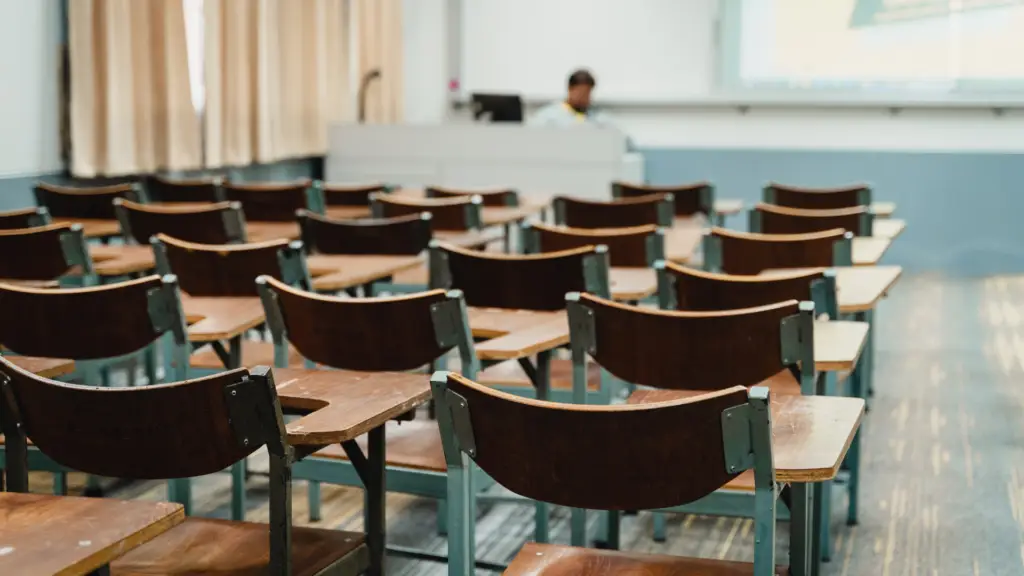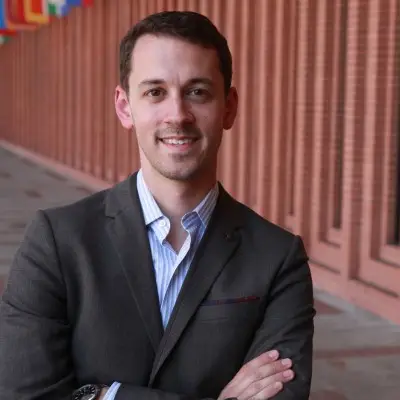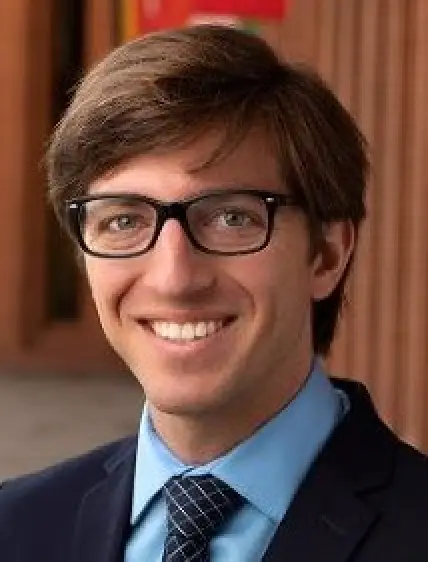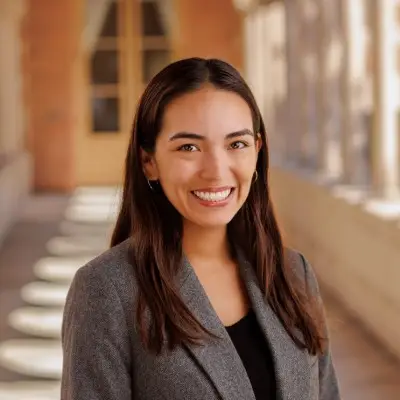Recent state and national achievement exam results, as well as academic progress reports, have underscored how the Covid-19 pandemic and related school closures had a large, negative impact on students’ reading and math development. But there has been less research conducted on how the pandemic affected other academic measures beyond standardized testing, such as attendance, engagement in school, student retention, course failure rates, degree completion, and postsecondary enrollment. These measures are important because they provide insight into students’ overall wellbeing, and they can affect students’ future success in college and/or work. This report reviewed the best available evidence to understand how the pandemic affected non-tested academic areas, and it offers recommendations for shaping a policy response.
Specifically, the report asked:
How has the pandemic impacted chronic absenteeism and other relevant indicators of student engagement with school—particularly at the secondary level?
How has the pandemic impacted graduation and dropout rates, as well as other relevant indicators of high school success and academic preparation?
How has the pandemic impacted remediation rates, course failure rates in college/higher education, and other interim indicators of success in higher education (e.g., dropout rates, associate degree rates)?
This report is the latest in a series of “consensus panel” reports that CRPE has produced since 2020 to elevate the most significant findings from high-quality studies on how the pandemic has affected specific areas of student development, including academic achievement, mental health, and special education. For each report, CRPE convened panels of respected scholars to read, debate, and reach a consensus on what the best new research says about each area. This report is part of our Evidence Project, an effort to provide a definitive account of how the Covid-19 pandemic has affected America’s students.
Consensus panel members of this report include:
Wendy Castillo, Princeton University
Tom Dee, Stanford University
Melissa Diliberti, Pardee RAND Graduate School
Sarah Fuller, University of North Carolina at Chapel Hill
Oded Gurantz, University of Colorado – Boulder
Laura Hamilton, American Institutes for Research
Jenny Nagaoka, University of Chicago Consortium
Akisha Osei Sarfo, Council of the Great City Schools
Beth Tarasawa, NWEA






